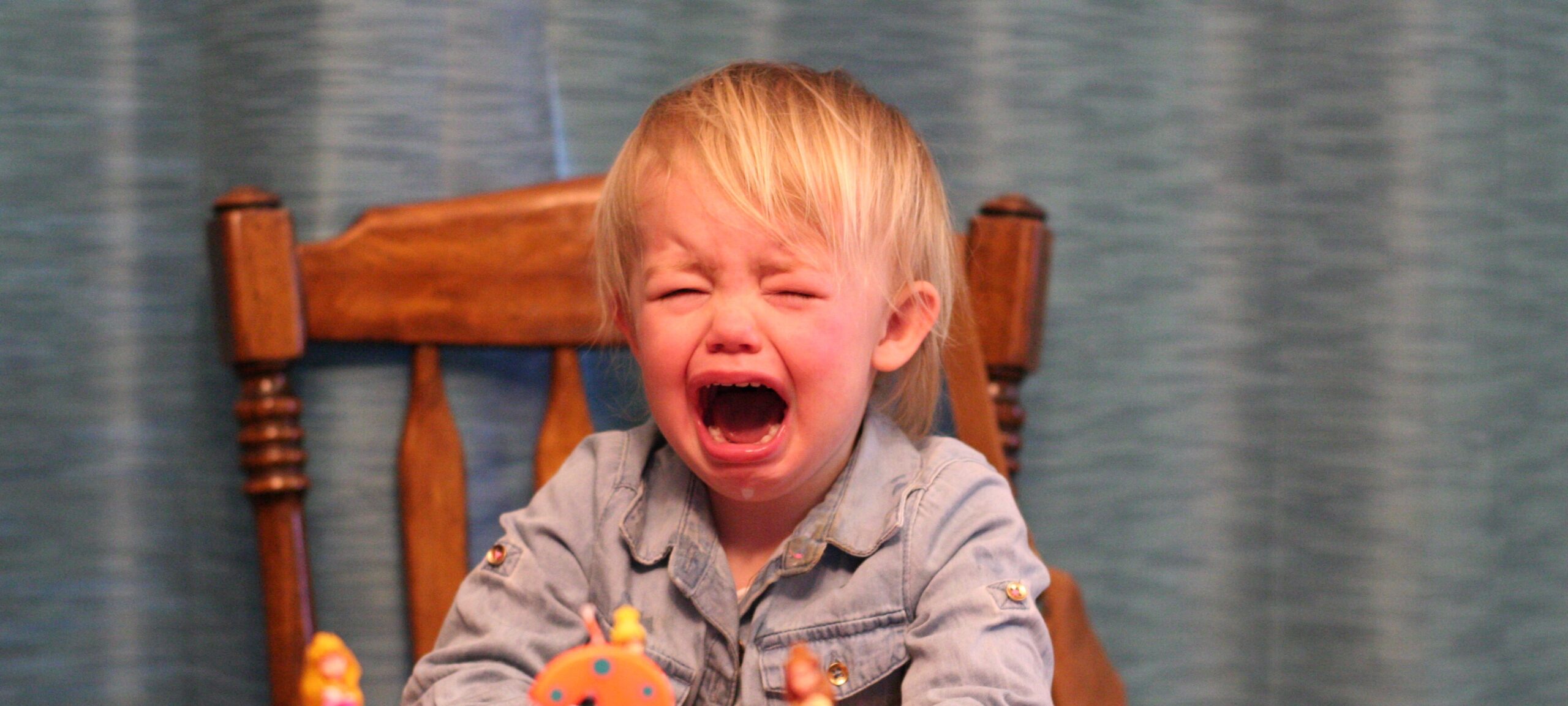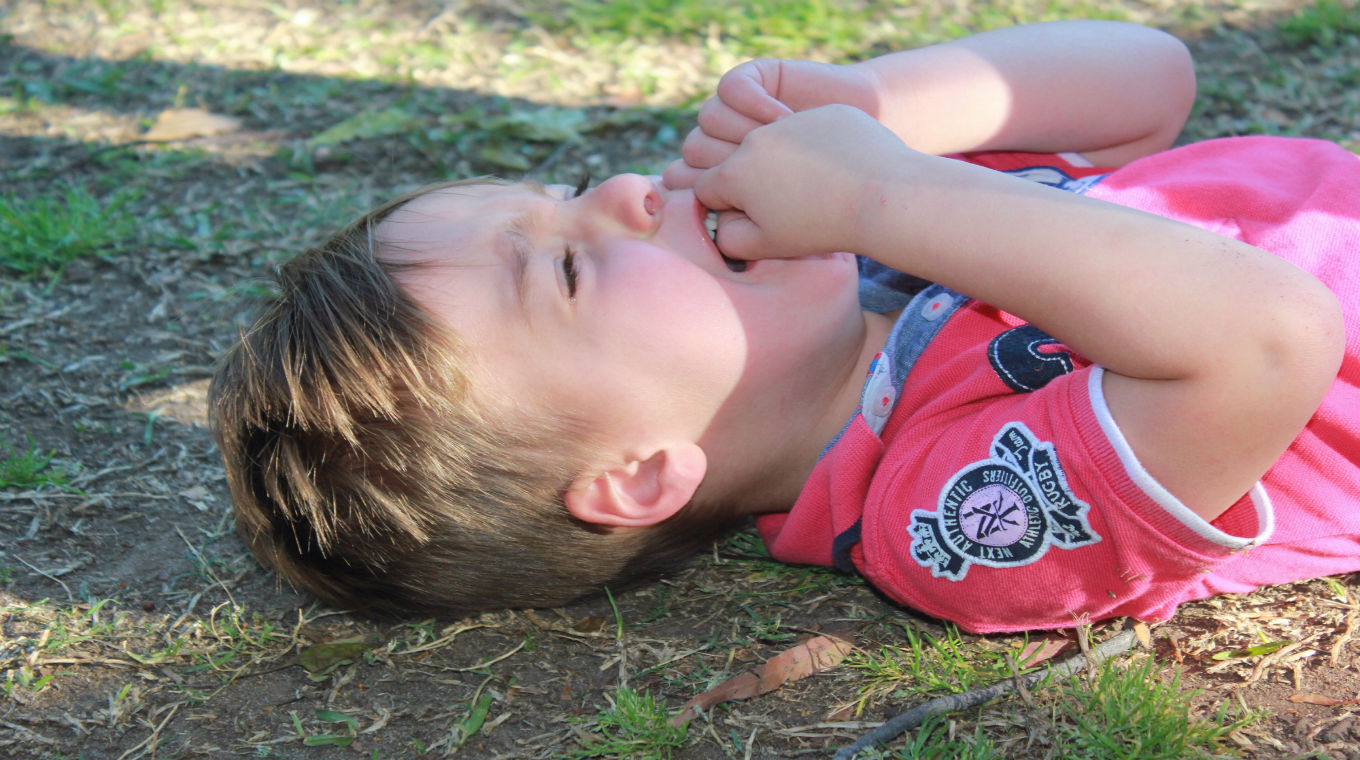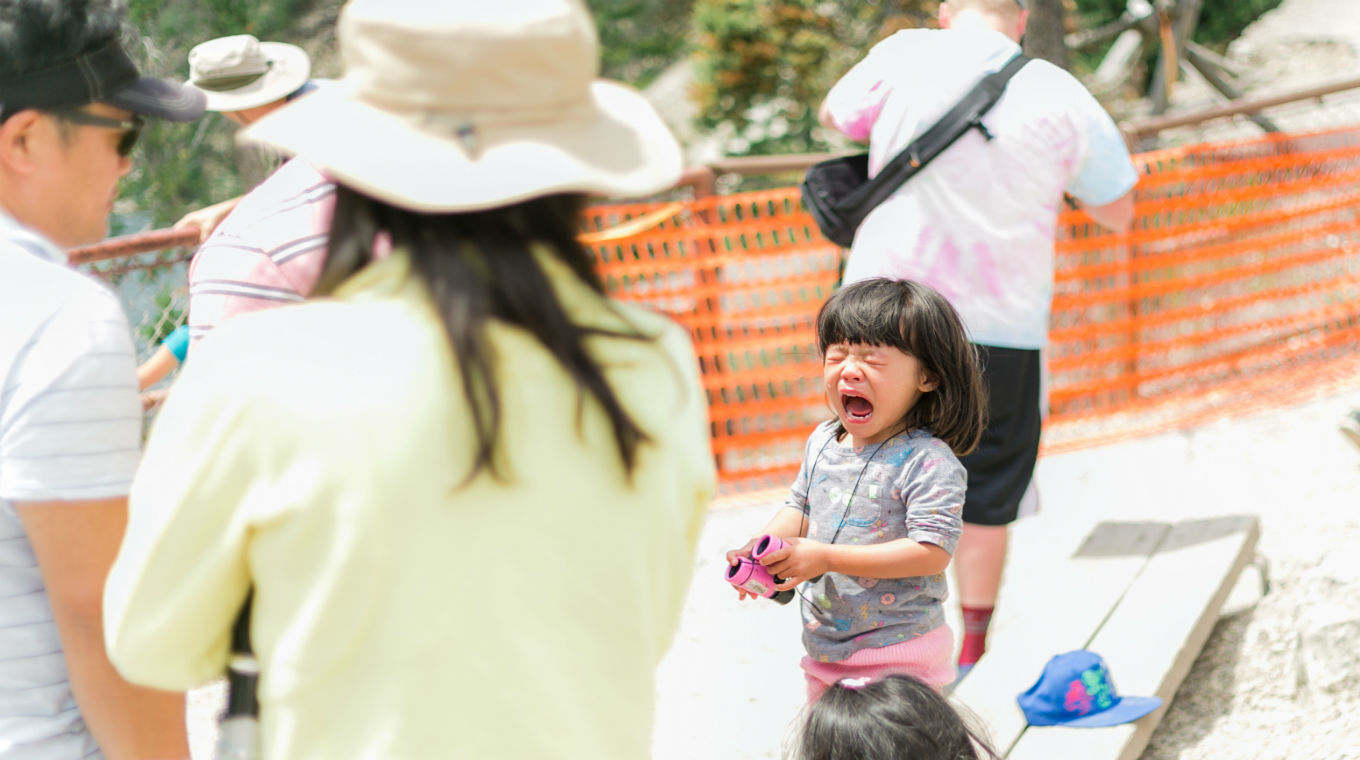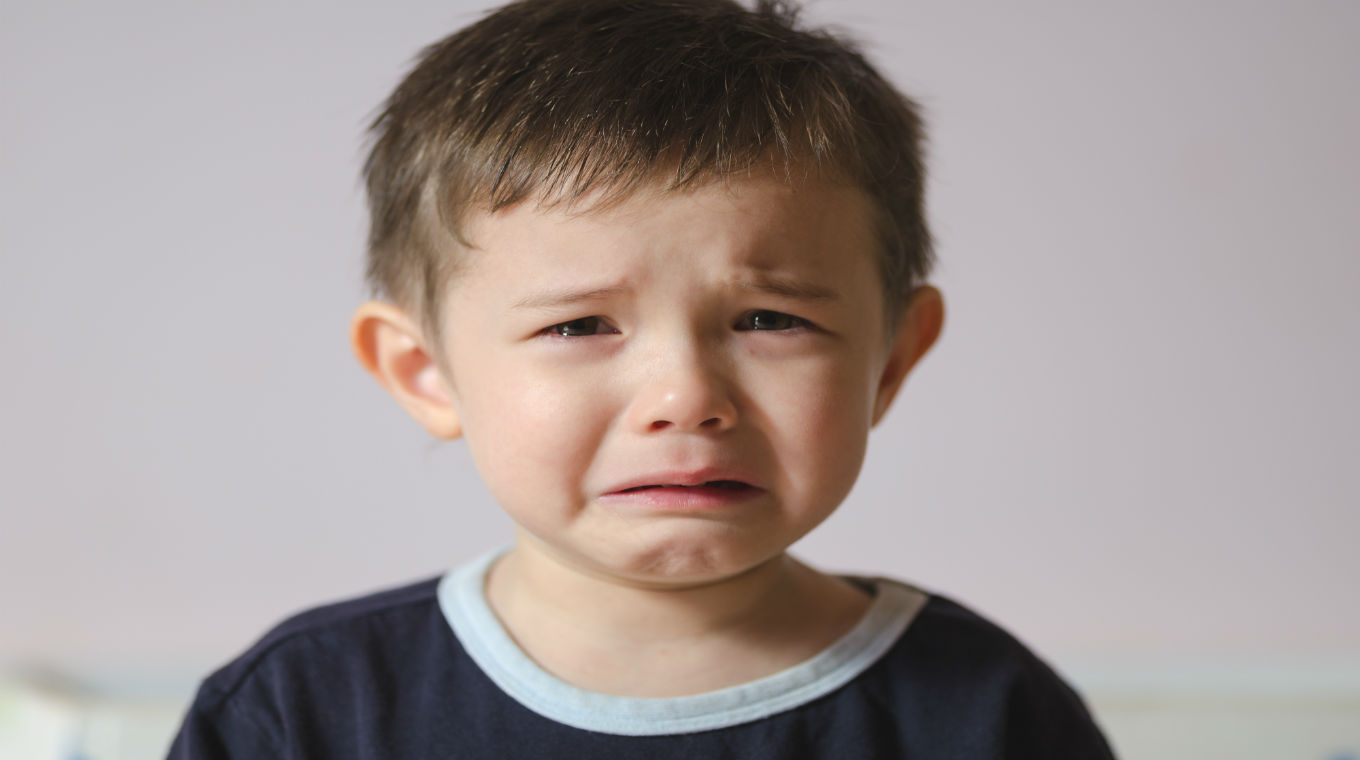
In This Article:
They’re called the terrible twos for a reason. Now that your child is learning to walk and talk, they’re also probably developing a bit of an attitude, and new skills at voicing it. According to Psychology Today, toddlers are curious and newly able to explore their independence, but at the same time, they can’t communicate any of their wide range of feelings and emotions effectively. As a bonus, they also lack self-control.
Enter: discipline. But how do you discipline a toddler? Many parents are afraid that the way they choose to discipline their child could impact them negatively as they grow older. We don’t want to instill fear and aggression into our toddlers. At the same time, we definitely don’t want them to let them get away with throwing their applesauce at our heads. Here’s what the experts have to say about disciplining your child.
Disciplining a toddler: Things to consider

First things first, plan on your toddler making many, many mistakes, Maggie Stevens, parenting coach and author of the book ParentFix, said. “This is what they are supposed to be doing,” she adds.
Now that we all understand the reality of things, it’s also important to keep in mind that disciplining your child isn’t to punish them for doing something wrong — it’s to teach them how to do something right.
“If a parent approaches discipline with the goal of teaching, they will have success.” Sounds pretty good, right? According to Stevens, there are four key things to keep in mind as your discipline your child:
- Stay calm; try not to raise your voice or let your temper get the best of you.
- Get down on your knees so that you’re on eye level with your toddler.
- Speak quietly and explain what your child needs to learn, which can be how they should be acting or the right way to do something.
- Always, always end your disciplining with a hug and a meaningful “I love you.”
Of course, she adds, if there is an immediate danger, such as your toddler running into a street, you can forgo these actions and enter superhero mode to save your child. Once in a safe place, then you can go through the above process to teach them not to do it again.
What discipline methods work for toddlers?

Now that we have an idea of what makes for good discipline, it’s also important to know that there are many disciplining methods out there. Just take a stroll through the parenting section of your local bookstore. In fact, it’s a little overwhelming to figure out what works best.
Thankfully, parenting coach Lindsay Ford has sifted through the many methods to choose the best, most positive and effective ones for us.
- Instead of telling kids what to do, try asking them questions. For example, instead of telling them to pick their toys off the floor, ask them, “What do we need to do so we’re not tripping all over our toys?” This way, you’re engaging them in finding a solution to an issue, which actually helps with their critical thinking in the long run. Not to mention that children tend to resist being told what to do.
- Focus on what to do, rather than what they shouldn’t do. Instead of telling your child to not run into the street, focus on keeping them staying on the sidewalk. “Think about it this way: If I tell you not to think of a pink elephant, you'll first think of a pink elephant and then try not to,” Ford said. “It's a two-step process. Instead, if you say think of a yellow banana, you'll think of a yellow banana. It's one step and directly gets to the point. It's easier to process.”
- “Say it once, then act,” Ford said. “No need to lecture or explain. Tell them what you're going to do if they break the rules and then follow through. No second chances. Actions speak louder than words.”
- Validate their feelings when you can tell they’re getting frustrated at something. “Sometimes a child doesn't know why they're upset,” Ford said. “Labeling the emotions helps them understand what they're feeling, and it also demonstrates that you understand them and what they want. Sometimes validating feelings is enough to stop the behavior because the child feels heard.”
Is it harmful to spank my toddler?

When disciplining our children comes up, most of us think back onto the age-old method of spanking and time-outs. These days, many parents are uncomfortable with these methods as being too harsh for their child’s emotional development. In fact, the American Academy of Pediatrics announced in 2018 that spanking is ill-advised and harmful to children. The organization looked into multiple studies to come to this conclusion. They found spanking to negatively impact the parts of the brain that deal with social cognition and people’s IQs.
“In terms of conflict resolution, spankings and time-outs do nothing to solve the problem and they're not tools a child can use when someone isn't listening to them,” Ford said. “They may stop the behavior in the short term but do nothing to teach a child how to act instead.”
Instead, focus on empathy and understanding your child’s stage in development, Dr. Vincent J. Palusci, a pediatrician specializing in child protection at Hassenfeld Children’s Hospital at NYU Langone, told the New York Times.




